If you're looking for how to buy a used engine, below are 12 essential tips:
- Understand your vehicle details
- Research available sellers
- Target a realistic budget
- Inspect the used Engine
- Keep an eye out for water damage
- Check for collision history
- Look for broken parts
- Inspect the engine block
- Look for any missing components
- Check the crankshaft movement
- Analyze the fluids and components
- Consider a professional inspection
Investing in a used engine is a great idea that could help you save money instead of wasting a significant budget on a brand-new engine. Most automotive experts recommend inspecting and exploring the available options in the used car market.
However, it is critical for you as a car owner to understand what to look for and what tips to implement when searching for a used engine. You have to be careful about engine compatibility, but there are other things you must watch for and learn about to achieve the best Engine at the most cost-effective method.
This article highlights 12 important tips and tricks from automotive experts to help answer the question “How to buy a used engine?” Read on for more details!
How to buy a used engine?
Buying a used engine should not be rocket science. Some recommendations by automotive experts could help you buy the best Engine that will work with your car without spending so much money.
The following list provides you with 12 important recommendations that could help you get the top and best deal for your used Engine without worrying about any hassle:
1- Understand your vehicle details
Before searching for any used engine, you want to ensure you're looking for the right one. Period. You do that by understanding your current vehicle details and learning what Engine is compatible with you.
Once you have a good idea about what to look for, you will eliminate any chances of buying the wrong Engine. This will save you a lot of hassle and help you understand whether there are any available engine parcel placements in the junkyard or any other available location.
2- Research available sellers
Once you have a good idea of what you're looking for, the next step is understanding the available sellers for buying your used Engine. Experts indicate starting with online marketplaces, but there are some other alternatives that you should consider.
For example, local junk cars could help you buy your Engine. In other words, the pick-n-pull junkyard will allow you to walk through their massive junkyard, look for a vehicle similar to yours, and pull out your Engine yourself.
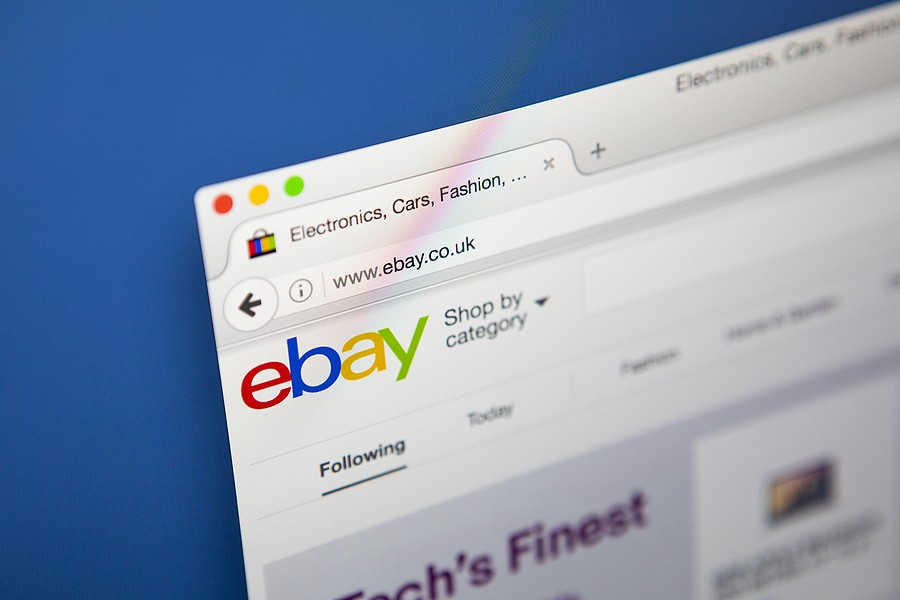
3- Target a realistic budget
After determining where you are looking to purchase your Engine, the next step is to understand what budget you're looking for. You want to do the right research and math to determine whether it's even worth investing in purchasing a used engine for your car.
To do that, you need to get a general idea about the average prices for your Engine in the market. This will give you a sense of whether or not you should go forward with this investment. And also it provides you with a reasonable and realistic budget to look for when shopping for this Engine.
4- Inspect the used Engine
Understanding the budget and selecting the buyers is not the only thing you must look for when shopping for a used engine. You will also need to ensure you're buying the right Engine with no problems.
You can bring your family members or friends with anybody with the right experience to inspect the Engine and find any problems. Some people might even take their mechanics to help confirm that they do not buy a bad engine.
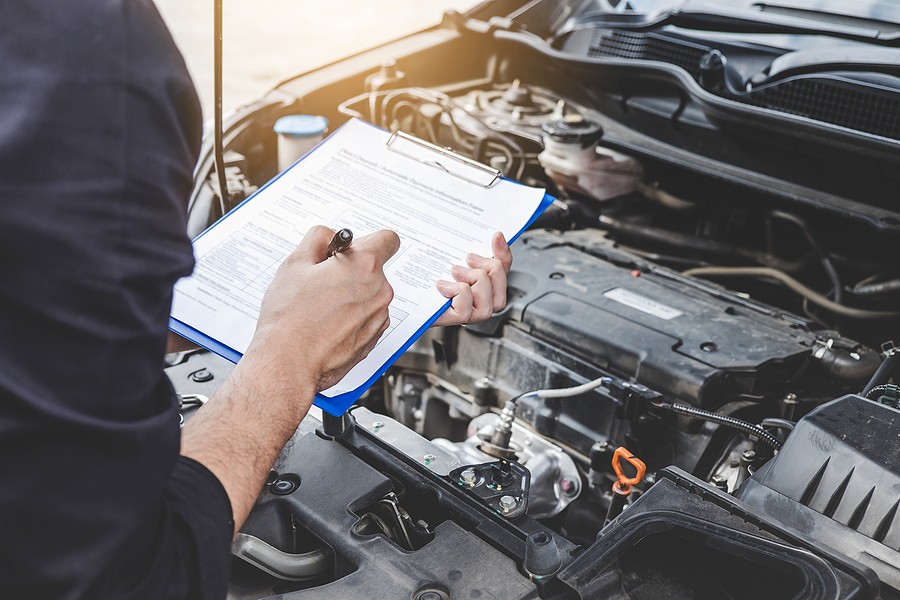
5- Keep an eye out for water damage
While investing and inspecting the Engine physically is an important idea, you must also confirm that you're not dealing with any water-damaged car. Many cars go to the junk yards because they got flooded or because water has approached some of the major components.
Therefore, you need to look for any potential tips and tricks to help you identify whether this Engine was involved in flood damage. You can ask the owners and look for some information in the vehicle history.
6- Check for collision history
If the Engine you were trying to buy was involved in a major car accident, you need to understand what happened to the vehicle in the first place. Sometimes the collision history can help you tell whether this Engine was facing major problems.
If the Engine was damaged during the car accident, then there appears that what was put into this Engine might not be healthy. It could indicate some major problems shortly.
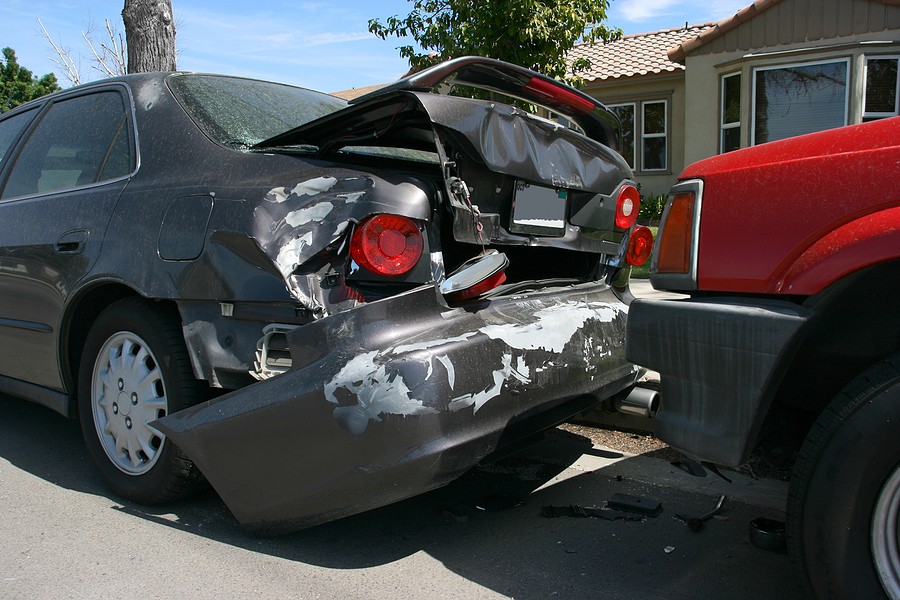
7- Look for broken parts
While looking at the Engine overall and ensuring it's not damaged is important, you still need to look for any broken parts. Sometimes these parts will not be visible, and it might need another step of looking in detail at the different components.
For example, you're not supposed to see the Pistons when looking at the Engine from the outside; if the Engine was seized before or was locked, it could indicate that the Pistons are sticking out from the Engine, indicating some internal problems.
8- Inspect the engine block
The Engine itself is important, and looking at the cylinders and the different internal components is great, but you still need to look at the engine block. A very common engine problem might have to do with the engine block cracks and damages.
These cracks are not simple, and they can lead to major problems down the road. Therefore, the last thing you want to do is buy a used engine with a cracked engine block because it will mean thousands of dollars of repair, and you bought the wrong Engine.
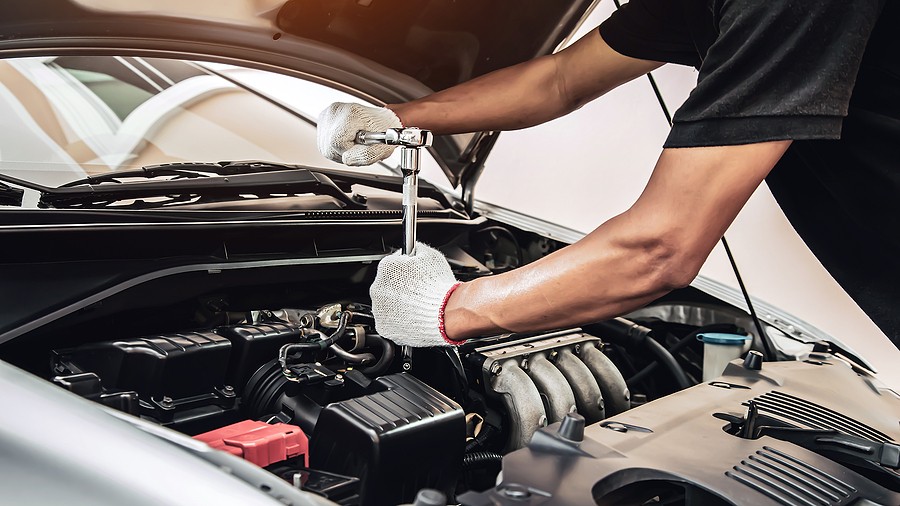
9- Look for any missing components
Interestingly, many customers ended up buying an engine with many missing components. Therefore, you need to educate yourself about the different components you should be looking for when inspecting your Engine to ensure you're not missing any of those components.
If the components are not there, your Engine will not operate properly; if you're buying it from an individual, sometimes people can take advantage of you since you don't have the right experience and might sell you a vehicle with missing compliance.
10- Check the crankshaft movement
Many automotive experts typically recommend physically inspecting your vehicle engine, which involves trying to rotate the crankshaft manually. Some people might even use a screw or wrench to help turn the crankshaft and ensure it's turning and not seized.
Remember that if you don't have the right experience to perform this type of test, you need to leave it to professionals because there is a high chance that you can break some of the components if you over-try to rotate the crankshaft.
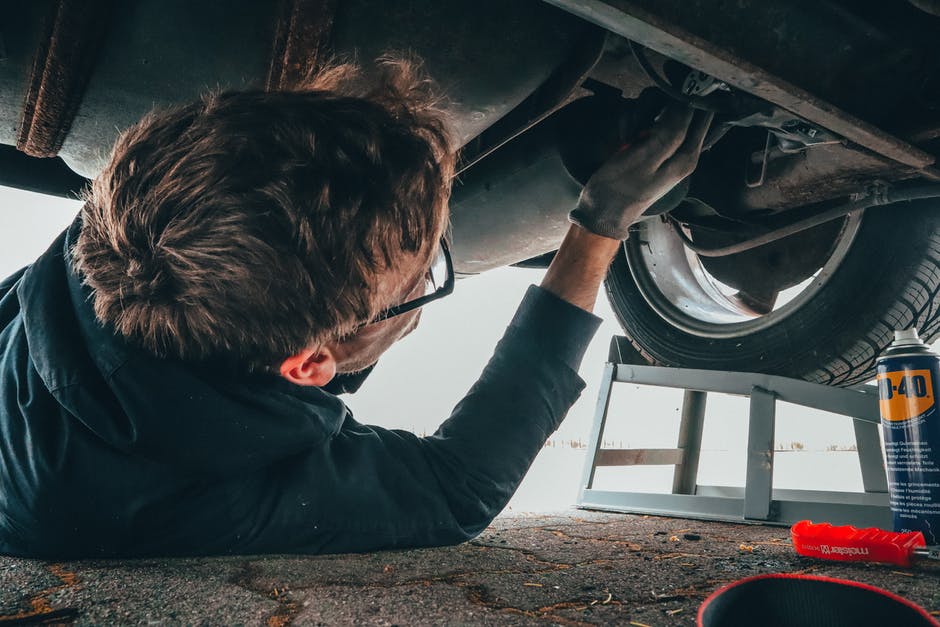
11- Analyze the fluids and components
The Engine interacts with many fluids, including the coolants and the oil. It would be best if you made sure that this Engine is interacting properly pure in other words, there is no oil leak, and all the internal components are lubricated properly.
12- Consider a professional inspection
Finally, if you don't have the right experience to inspect the Engine and are worried about your investment, we highly encourage you to hire a professional peer. Many mechanics might go with you and check on the Engine to ensure it operates properly and has no major problems.
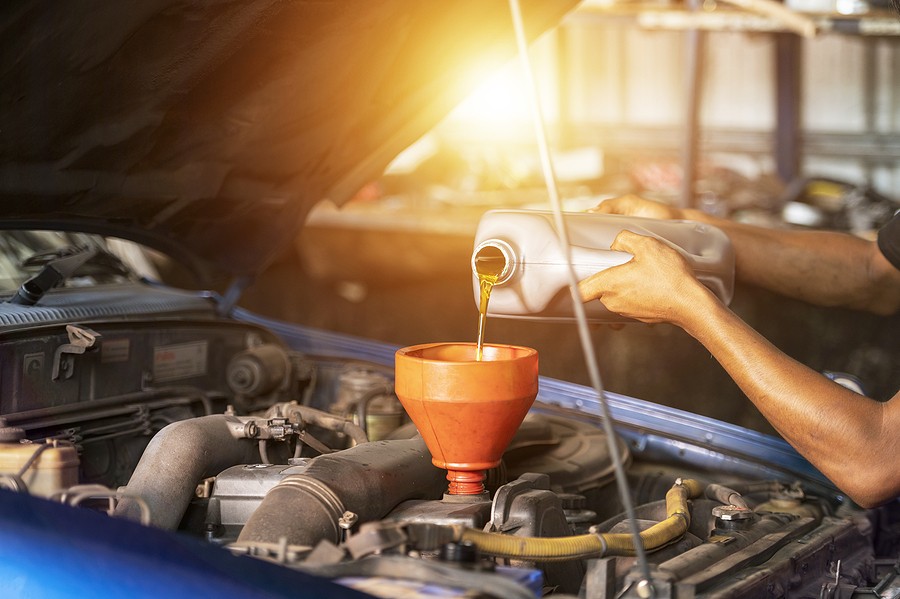
How to buy a used engine? Final Thoughts
Purchasing a used engine is a great idea for those looking for an affordable option to get their vehicle going after a completely failed engine. However, you must be careful about certain things and implement certain tips and tricks by automotive experts to help you purchase the best Engine at the best deal.
If you feel that your vehicle is beyond repair and think that the usage is still a lot for your car, it might be the right time for you to sell this vehicle. Are you looking for anyone to buy your car? Call Cash Cars Buyer at 773-791-4363.
If you're interested in similar posts, we highly encourage you to visit our blog by clicking here!



